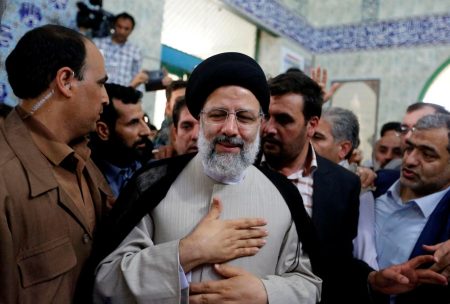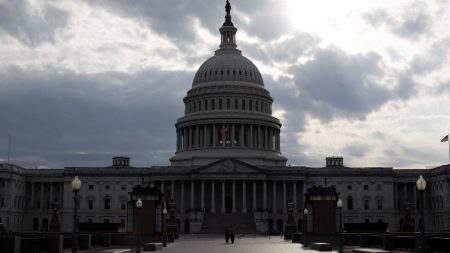Richard Koo, chief economist at the Nomura Research Institute, believes that decades of trade deficits and a strong dollar have created many “losers” in the U.S. economy who have turned to protectionist policies advocated by Donald Trump. Trump’s “America First” economic policies have led to the imposition of numerous tariffs on countries like China, Mexico, and the European Union, which have been criticized by many economists for making imported goods more expensive for Americans. Despite the negative consequences of protectionism, Koo acknowledges that there is some economic logic to Trump’s approach, especially given the significant number of people in the U.S. who view themselves as losers of free trade.
Koo points to the issue of the exchange rate as a key problem, as the strength of the U.S. dollar has encouraged imports and hurt U.S. companies exporting globally. He notes that this imbalance has led to a growing number of “losers” in the U.S. and questions why the exchange rate has been allowed to be determined by market forces without intervention to prevent this outcome. He references the Plaza Accord of 1985, where President Ronald Reagan worked with other countries to depreciate the dollar, as an example of how intervention can address this issue and prevent the rise of protectionism.
The prevailing narrative among economists that the trade deficit is solely a result of too much investment and too few savings in the U.S. is challenged by Koo, who argues that this approach only leads to a recession to reduce the deficit. He cites the example of American companies competing with Japanese firms in the 1970s and 80s, where companies did not see the expected profits due to excess demand, leading to bankruptcies and job losses. Koo maintains that the exchange rate, rather than savings and investment levels, is the main factor affecting the trade deficit and that action should be taken to prevent further damage to the economy.
Koo believes that focusing on issues like the exchange rate and taking proactive measures, such as Reagan did with the Plaza Accord, can help prevent the negative consequences of protectionist policies and growing trade deficits. He stresses the importance of addressing the concerns of those who view themselves as losers of free trade by implementing policies that protect American companies and workers. By recognizing the role of the exchange rate in shaping the trade deficit and taking action to correct imbalances, Koo argues that the U.S. can avoid the pitfalls of protectionism and promote a more balanced and sustainable economic environment.
In conclusion, Richard Koo highlights the need for a more nuanced understanding of the factors contributing to the trade deficit and the rise of protectionism in the U.S. He emphasizes the importance of addressing the exchange rate issue to prevent further economic imbalances and protect American businesses and workers. By learning from past experiences, such as the Plaza Accord, and taking proactive measures to manage the exchange rate, Koo believes that the U.S. can avoid the negative consequences of protectionist policies and foster a more stable and equitable economy for all.















